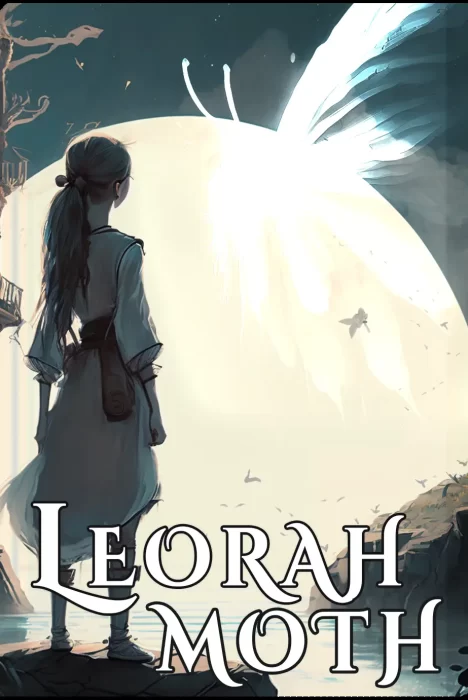Once upon a time, two gods stepped into the world of man.
These two beings, lords of all creation, walked slow beneath the forests under the mountains. The younger told the elder of all the things that she created: the plants and animals, the seas and wondrous spanning sky. With great glee she drew his gaze towards all the many creatures of the world, elated in how they changed and transformed and grew.
The elder brother saw these things and believed that they were good. Eventually, his gaze fell on mankind.
What joyful creatures, man! How they dazzled and delighted. The elder god swelled with affection: he asked twelve hundred questions, and the goddess answered each and all. As they traveled together through the wide world, excitement bubbled between them. For the younger, joy that in her brother’s eyes she had fostered something good. For the elder, awe at the marvels that manifested, and curiosity at how they came to be.
So the years went by.
Thrilled by mankind’s tendencies, the elder brother asked if he might live upon the earth. The sister acquiesced, so glad to have made something good. Together they walked upon the soil and lived for many hundreds of years. Together, they watched over mankind.
But wonder rarely lasts forever. Familiarity yields to mundanity: mundanity to disinterest. Disinterest soon falls to disgust.
Oh, how easy to ignore flaws from things fresh and unfamiliar: how swiftly imperfections reveal themselves once novelty has run its course. The elder god began to see strange tendencies in man: tendencies perhaps, he thought, he was not quite so fond of.
Unrest. Unfairness. Suffering. Pain.
Death.
Distraught by these sad things, the elder brother came to his younger sister to ask why their lives so were.
So the younger sister regaled him with a story: her story–a tale of hardships, of traversing heavens and stars. She spoke of beginnings and of ends. She spoke of loss and of the joy of new life. She spoke of victories and failures, of the beauty found in fleeting things, and of suffering: its ever presence, and how once she had tried to prevent it, to flee from it. But always tragedy found its way to her side, and so she chose to embrace it: to accept it as her constant companion, and to strive nevertheless to reach for love and light.
With such a choice she created this beautiful world, in all its joy and sorrow: that her children might experience what it truly means to live.
The elder tried his best to understand. He listened faithfully, attentively, to all his sister’s stories—to her perspective. Her belief. Yet unable to grasp it, the Firstborn grew bitter and distant. And when Chaos came to his doorstep, he did not see a companion to walk beside, but an enemy to destroy. When tragedy came, he could not accept it.
So he waged war on Chaos: on change. He began a quest to eliminate the sorrows of the world—to cage them, bind them, and eradicate them. To master them, that they might never do harm again.
Long he marched, bringing order in his footsteps. Many men rallied to his cause. With his sword he smote ruin upon monsters. With his word he brought rule to many lands. But no weapon could banish his enemy eternal: no magic stopped the serpent from rearing its head.
So again he confronted his sister, begged her help to banish sorrow. Instead, she pleaded with him to stop his war: begged him to accept that tragedy would be and ever had been. Yet nothing convinced him. Nothing steered him from thoughts of eternal stillness—eternal peace.
Thus the elder god made life itself his enemy and sought to bring about its end.
Against this tragedy, the younger sister rallied. She pushed back against her heartbreak and called out to her brother: if she released him from this place, would he abandon his awful path? Might he seek his peace elsewhere, and leave mankind to seek theirs here?
He refused. The men who followed him refused. The enemies of life could not be swayed.
So the younger was forced to act.
With all other paths tread, all remaining strength spent, the goddess offered a final rite. She sacrificed her form and bound her brother to the soil, gave her life to imprison him there. In so doing, she birthed a world of disease, war, and strife: a world wrought with tragedy and sorrow. Yet a world where hope remained for any with resolve to seek it.
Thus the younger imprisoned the older, and let herself fade into the abyss.
But the elder was undeterred; thus began his great work to throw open the Door to Darkness.
